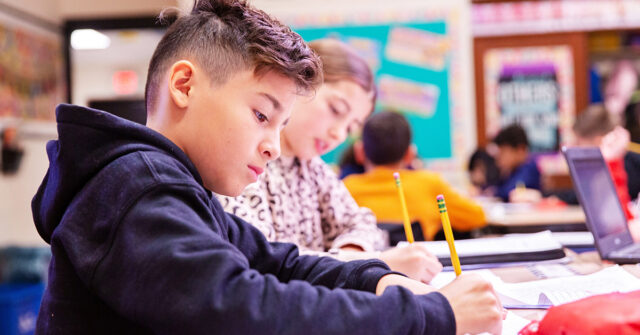
Our time in the classroom can be transformative in profound ways. For some, this issue becomes more than dealing with content and students in an ethical way. It expands into a broader realm, that of social justice, as described by Sonia Nieto:
Teachers enter the profession for any number of reasons, but neither fame nor money nor the promise of lavish working conditions is at the top of that list. Instead . . . for many of them, social justice figures prominently among the motivating factors underlying their choice to teach. The urge to live a life of service that entails a commitment to the ideals of democracy, fair play, and equality is strong among many of those who begin teaching. (2003, 91)
Nieto continues, though, to remind us that “teachers are not miracle workers. Nor are they social workers or missionaries.” Instead, “teachers need to understand their roles as involving more than simply attending to the minds of students; it also entails nurturing their hearts and souls . . . to do this without taking on the world of injustice is tricky business . . . an equilibrium that is difficult at best” (105).
Finding this equilibrium is one of the many challenges you face on the journey, and one of the most important. And remembering this aspect of our teaching, being true to it in a way, can be hard at times. Although policy makers and politicians often want us to educate only for test scores and efficiency, we are—inescapably—about bigger things. Educator Marilyn Cochran-Smith makes the point:
From a social justice perspective, the purpose of education needs to be understood not simply as constructing a system where pupils’ test scores and wise monetary investments are the bottom lines. Rather, the purpose of education must also be understood as preparing students to engage in satisfying work, function as lifelong learners who can cope with the challenges of a rapidly changing global society, recognize inequities in their everyday contexts, and join with others to challenge them. (2005, 416)
This is our challenge on the journey. It is personal, it is social. It also has profound consequences for ourselves and for our students.
--Leila Christenbury and Ken Lindblom in Making the Journey, 4th ed.
♦ ♦ ♦ ♦
In the following video, Leila and Ken discuss the many considerations that teachers are faced with every day, from what to do in the event that a student has a serious emergency in the classroom, to issues of social justice, to facing their own limitations and how Making the Journey addresses the "big sea" in which teachers swim.


